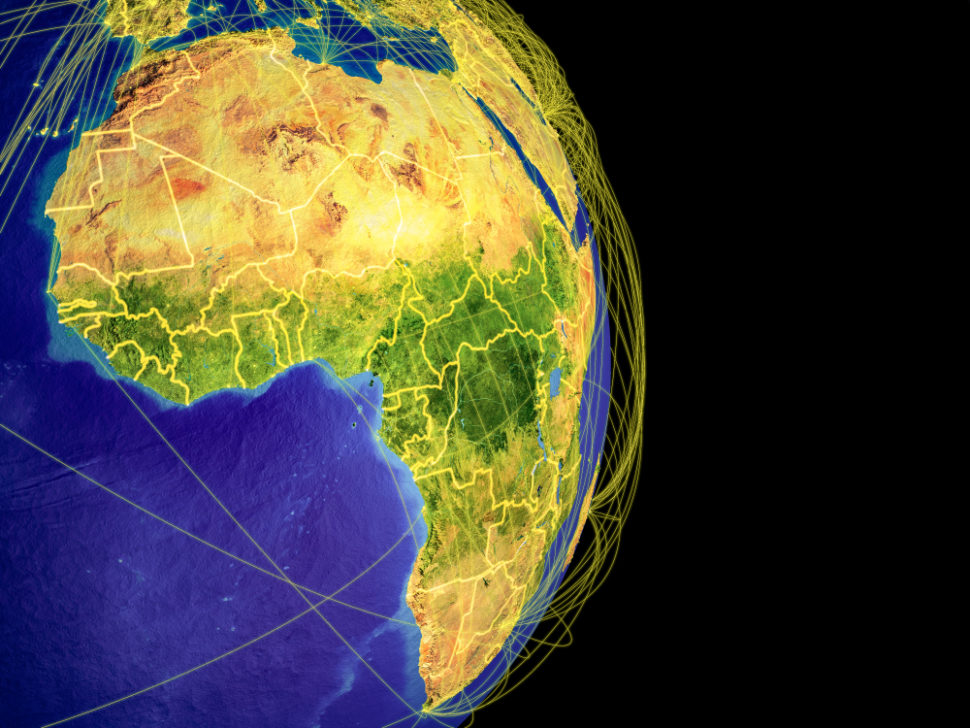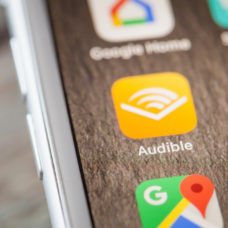At a rate of 35.9%, internet penetration in Africa is the lowest among other continents. However, the continent has come a long way in this regard with the highest growth in internet penetration from 2000 to 2018.
In 2000, only 4.5 million people in Africa had access to the internet. As of March 2019, there are more than 492 million African internet users.
Still, most Africans today don’t have access to decent internet connection despite having the largest youth bracket in the world.
For Google and Facebook, this means business opportunities, which pass through undersea cables.
Undersea Cables Around Africa
The median age keeps rising around the world, but this isn’t the case in Africa, the youngest continent. Bill Gates, in his annual letter, explained how this could be a massive asset if “the right investments will unlock the continent’s enormous potential.”
With such room for connectivity improvement and a vast reservoir of young people, which are potential avid internet users, some of the right investments should indeed go to internet infrastructure.
And of course, tech companies are well aware of the virgin markets waiting to be tapped into in Africa.
Giant tech firms have established a prosperous reign over the cloud with their extensive service platforms. Then, they set their eyes on the internet itself, or its backbone: fiber-optic undersea cables.
For Africa, Google has “Equiano,” and Facebook has “Simba.”
Either alone or with partners, Google owns enough undersea cables to wrap around the Earth about three times.
Equiano, named after a Nigerian writer and abolitionist, goes from Portugal in Europe all the way down to South Africa. Alcatel Submarine Networks is scheduled to complete the first phase of the Equiano project in 2021.
Besides Equiano, Google is the sole owner of two other undersea cables: Dunant, which connects Europe to the U.S., and Curie, which is between Los Angeles in the U.S. and Chile.
When the Curie cable is completed this year, Google will be holding sole ownership of 10,433 miles of undersea cables. The company also owns significant shares in over 63,600 miles of submarine cables.
We don’t know much about Facebook’s cable Simba, except that it would circle the African continent with multiple landings on coasts, and that it’s named after Disney’s Lion King character.
Facebook doesn’t solely own any cable, but it has shares in several ones totaling more than 57,000 miles of undersea cables.
Other tech companies like Amazon and Microsoft also have their cable networks, albeit less developed like Google and Facebook’s, with about 19,000 miles and 4,000 miles, respectively.



















Comments (0)
Most Recent